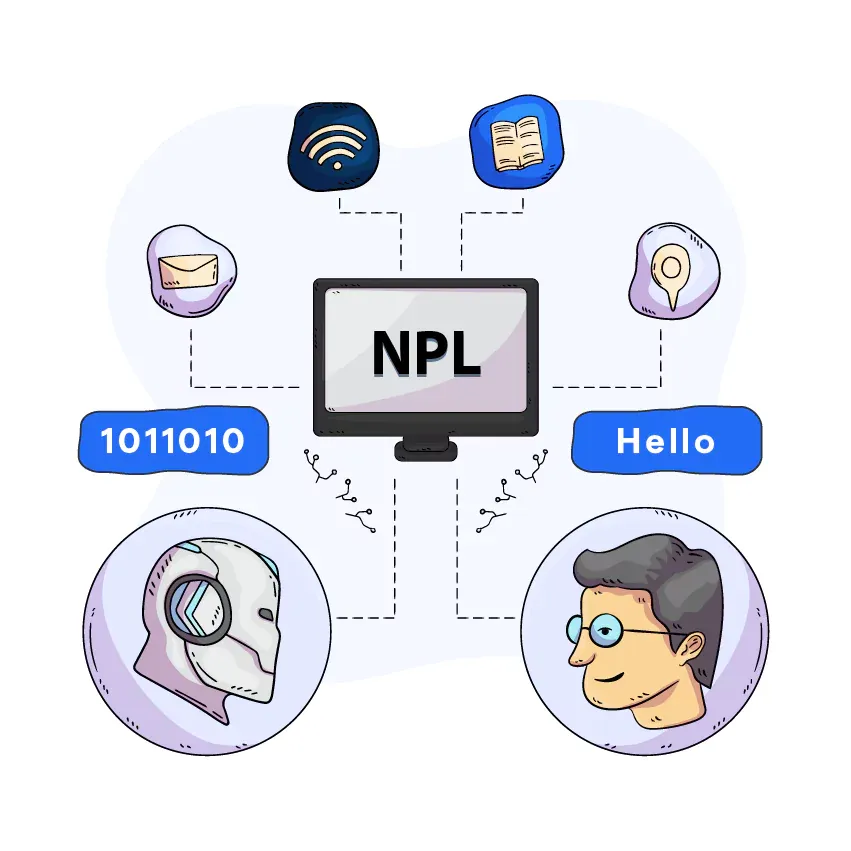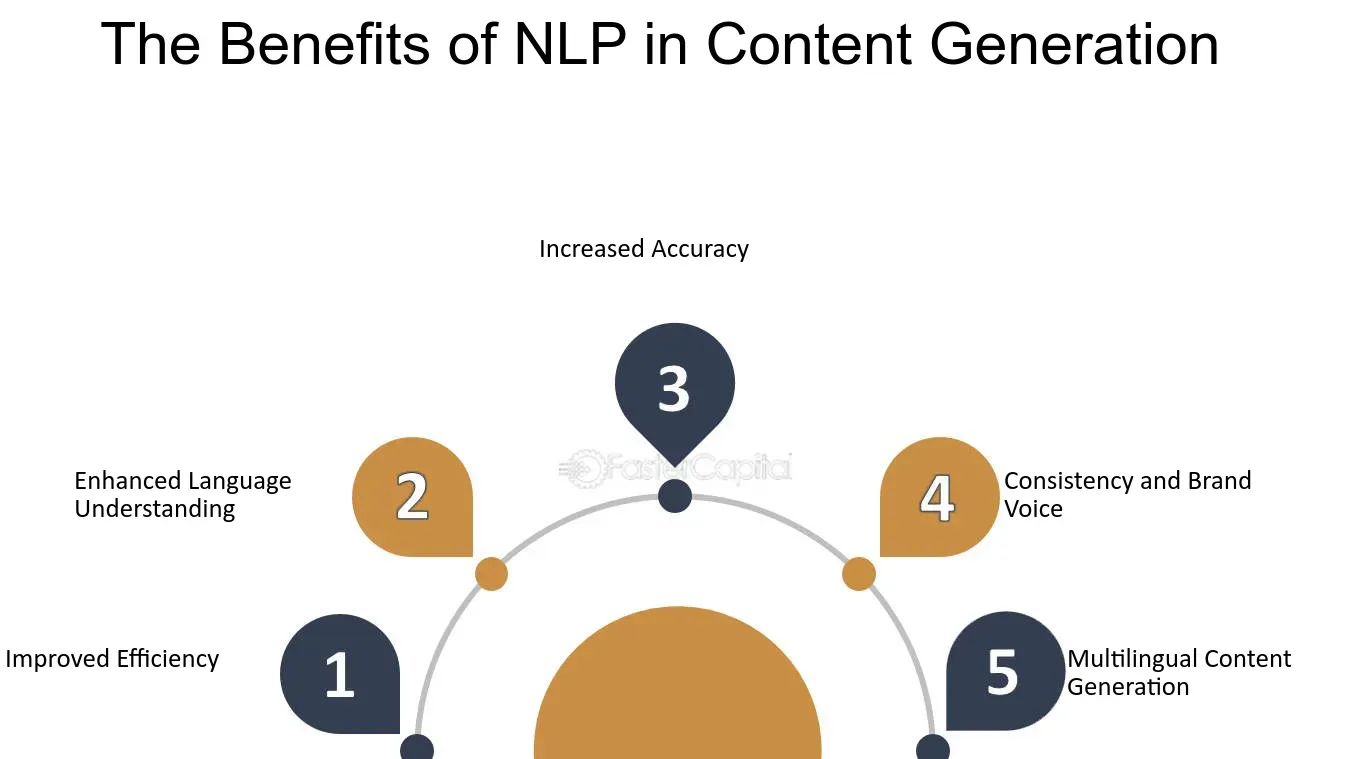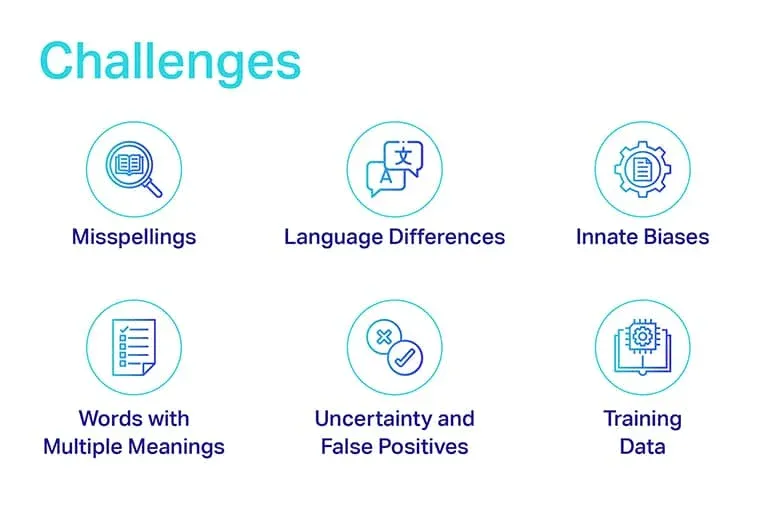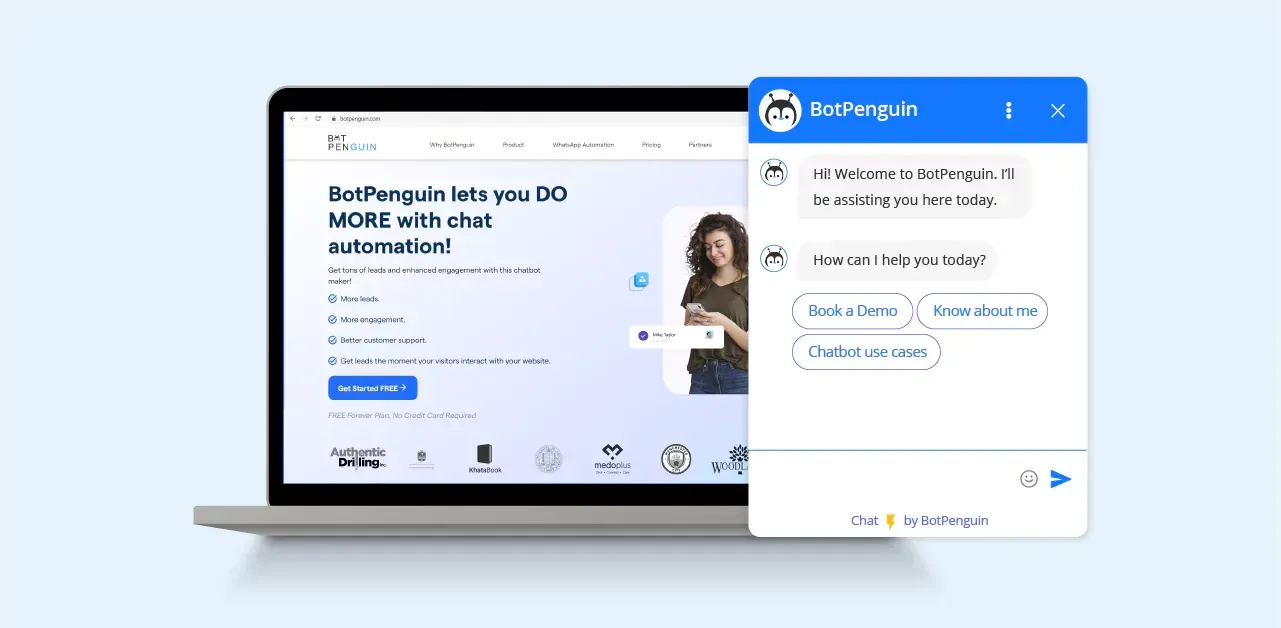In content creation, Natural Language Processing (NLP) is transformative, particularly for content automation.
Now you might be wondering what NLP is gonna do for content automation. And that’s why this article exists.
For businesses, content automation matters a lot! It helps to speed up work and maintain consistency.
Even Ascend2 studies says, businesses are ready to have 61% of increased budget for automation for the upcoming year.
Content generated with the help of a computer can be converted into content that is both understandable and interesting.
This can be done with the help of natural language processing (NLP).
NLP becomes increasingly indispensable as businesses seek efficient ways to generate and manage content at scale.
As it can analyze the underlying structure and meaning of text material.
NLP does that with methods like text summarization, entity recognition, sentiment analysis, and topic modeling. It helps in saving a lot of time and effort.
Continue reading to explore the role of NLP in content automation.
Understanding NLP
In this section, you will find about NLP and its role in content automation
What is NLP?
Natural Language Processing (NLP) is a branch of artificial intelligence that focuses on the interaction between computers and humans through natural language.

It encompasses tasks such as language understanding, generation, and translation.
Further, it enables machines to comprehend, interpret, and respond to human language in a meaningful way.
What is the role of NLP in Content Automation?
NLP plays a crucial role in content automation by enabling machines to analyze, generate, and manage textual content efficiently.
It facilitates tasks like automated content creation, summarization, sentiment analysis, and language translation, streamlining content production processes.
NLP algorithms can identify patterns, extract insights, and personalize content at scale. It also enhances productivity and ensures content relevancy across various platforms and audiences.
Benefits of using NLP in automating content creation
Natural language processing, or NLP, offers many advantages. So let’s see the uses of NLP in content automation

Time and resource efficiency
Time and money are often saved when using NLP in content generation. To develop content, NLP systems analyze a lot of data using machine learning.
This gives up time for people to work on creative aspects of content development rather than exhausting tasks.
Creating product descriptions using natural language processing (NLP) is much faster than using employees. This results in lower expenses as well as quicker processes and more productive work.
Improved accuracy and consistency
Natural language processing (NLP) algorithms ensure that the text they produce is accurate and free of human biases. For this, they analyze a lot of data.
This includes the content's tone, and style. and most importantly similar messages over different sections.
Customers return because they know what to expect when they shop with you. NLP helps with that by increasing brand recognition.
You feel more trusting of them, much like you would with a consistent and trustworthy.
Personalization and customization
NLP can add a personal touch to text on top of accuracy. NLP algorithms are intelligent technologies that understand human language and learning.
To make content that better fits users, they take a look at their preferences, where they are from, and usage habits.
A chatbot can answer in a way that seems more like a real conversation if it uses natural language processing (NLP).
It becomes familiar with customers and talks with them in a way that makes sense. It makes the conversation interesting and keeps the customers engaged.
Challenges and limitations of NLP in content automation
NLP has advantages as well as some challenges and limitations. So here are the limitations of NLP in content automation.

Language nuances and context understanding
One of the biggest challenges in using NLP for content creation is understanding the nuances and complexities of language.
The fact that there are many languages known to us makes it challenging. It presents challenges for algorithms because of idioms, colloquialisms, sarcasm, and cultural references.
NLP algorithms can have trouble capturing the complex meanings that people understand easily. So make sure that the algorithms have enough training data and strong language models.
Platforms like Botpenguin offer skills like multilingual support. This makes it easier to overcome this challenge. It can easily communicate with people in the choice of their language.
Ethics and biases
There could be biases and ethical issues when using NLP for content creation. Big datasets that might have biases or prejudices are used to train NLP systems.
This could end up in automatically produced content that supports bias or stereotypes.
To cope with this challenge, it is necessary to carefully develop and instruct unbiased inclusive NLP models. Businesses should make sure that equality and ethical standards are respected.
Also you must perform routine reviews of the automated content to identify and fix any biases.
Quality control
It is important to make sure that the quality of content is up to date. Quality control becomes quite challenging when NLP is used for content automation.
NLP models can produce grammatically correct data that is incompatible or ignores context. It could not have the human creativity as well as understanding that goes into creating content.
Companies need to make sure that there is quality control. They can take strict quality control methods, such as manual reviews and feedback loops.
These strategies help in making sure that the automated content satisfies quality requirements. It also effectively engages the target market.
Real-world examples of NLP-based content automation
Not just one or two, content automation based on natural language processing is making major improvements across many industries.
So check out these real world examples of NLP in content automation.
Automated article generation
The most common use of NLP is writing blog posts and articles. It’s important to create engaging and informative articles.
Systems analyze large amounts of data using natural language processing (NLP) techniques including text production and interpretation.
From news to product descriptions, these systems are capable of producing material on many different kinds of subjects.
For businesses and individuals using blog hosting platforms, this allows for rapid content creation and publishing without requiring constant manual input.
They summarize content, extract important details, and even analyze feelings to make sure the right tone.
Companies can continuously create a large amount of content using automated article production, which also saves time and resources.
Chatbots and virtual assistants
Chatbots are excellent examples of NLP-based content automation. Using NLP methods, they are made to interact with users in a way that seems natural.

These systems can understand what customers want and provide detailed responses. Chatbots like BotPenguin, can answer every kind of question, from simple FAQs to more complex ones.
NLP algorithms make it possible to extract relevant data from user communications, understand intent, and respond appropriately. It leads to smooth and enjoyable user experiences.
These applications can frequently be found in information retrieval systems, e-commerce, and customer service.
Content recommendation engines
NLP plays an important part in content recommendation systems, helping users personalize their content.
These engines analyze user behavior, preferences, and previous information using natural language processing (NLP) algorithms.
With the use of this data, NLP can help to recommend customized content. They recognize trends, understand the content interests of consumers, and provide personalized suggestions.
It considers every factor, ranging from material that best suits the user's interests, and factors including user demographics, and browsing history.
This personal touch increases Conversations, engagement, and user experience.
Future possibilities and trends in NLP for content automation
NLP has a lot of possibilities in the field of content automation. So here the future possibilities and trends in NLP for content automation.
Advancements in machine learning and deep learning
Machine learning and deep learning developments can speed up natural language processing (NLP) for content automation.
Accuracy, consistency, and understanding of context will all be improved by new models and algorithms used in automated content production. More secure and flexible NLP models are produced.
This could only be done with the advancements in transformer-based layouts, pre-training methods, and transfer learning. text automation systems can now produce text that sounds more natural.
They can understand information more accurately, and modify it according to changing user preferences and language patterns.
Natural language generation (NLG) development
NLP includes Natural Language Generation (NLG). It involves teaching automation to produce language from structured data that is human-like.
NLG is important for content generation as it enables automation to convert data into understandable stories.
With more sophisticated algorithms, NLG will probably get even better in the future. These might give the content a more organic, creative, and context-aware voice.
NLP systems are supposed to produce content that is almost as excellent as that written by humans.
Integration with other emerging technologies
Content-generating systems using natural language processing (NLP) are ready to collaborate with other technologies.
Content systems can achieve further customization and improve their recommendation engine. They can simply learn from consumers simply by collaborating with Artificial Intelligence (AI).
Real-time data is another positive aspect of the Internet of Things (IoT). Using this information, content can be customized to a person's surroundings, preferences, and habits.
Conclusion
In conclusion, NLP in content automation is possible for machines to produce, understand, and deliver written content more effectively and uniquely.
NLP algorithms can understand and analyze human language accurately. It results in more accurate and context-aware content production.
NLP in content automation supports content recommendation methods, chatbots, automated articles, and virtual assistants.
This shows how flexible natural language processing (NLP) is for automating the production and distribution of information. It saves time and resources for businesses.
It provides customers with important and intriguing content across different industries.
NLP powered chatbots like BotPenguin helps create engaging customized content. BotPenguin offers a great deal of promise to improve and simplify content creation.
It can be used in many different types of industries from eCommerce to travel industry.
NLP for creating content faces many different challenges as well. It could be with managing biases, understanding language quirky, and ensuring quality.
But you can get through these challenges if you pay attention. Like ensuring accurate, inclusive, and outstanding automated content requires balancing NLP skills with human control.
The future outlook of NLP in content automation can lead to more accurate and natural-sounding information, improved customization, and easier use across platforms.
Content automation using Natural Language Processing (NLP) will continue to improve content creation.
Frequently Asked Questions (FAQs)
What is NLP in content automation?
NLP (Natural Language Processing) is a subfield of AI that focuses on enabling machines to understand, interpret, and generate human language.
In content automation, NLP algorithms are used to analyze, generate, and deliver written content.
What are the benefits of NLP in content automation?
NLP enables more efficient, accurate, and personalized content creation and delivery, saving time and resources.
It also enables better insights into customer needs and preferences, leading to higher engagement, conversion rates, and customer satisfaction.
What are some challenges associated with NLP in content automation?
Challenges include the need for quality control, bias detection and mitigation, and identifying and avoiding language nuances that can lead to misunderstandings or unintended meanings.
How does NLP contribute to automated article generation?
NLP algorithms enable machines to analyze large volumes of data, extract key information, summarize text, and even apply sentiment analysis to create informative and engaging articles.
This allows businesses to consistently produce a high volume of relevant and personalized content quickly.
What role does NLG play in content automation?
Natural Language Generation (NLG) techniques enable machines to automatically convert data into coherent and understandable narratives.
NLG is a central component of content automation, enabling machines to create text that is almost indistinguishable from human-authored content.
What is the future of NLP in content automation?
The future of NLP in content automation involves advancements in machine learning and deep learning techniques, further development of NLG algorithms, and integration with other emerging technologies such as AI and IoT.
These advancements will enable machines to generate even more efficient, engaging, and tailored content

